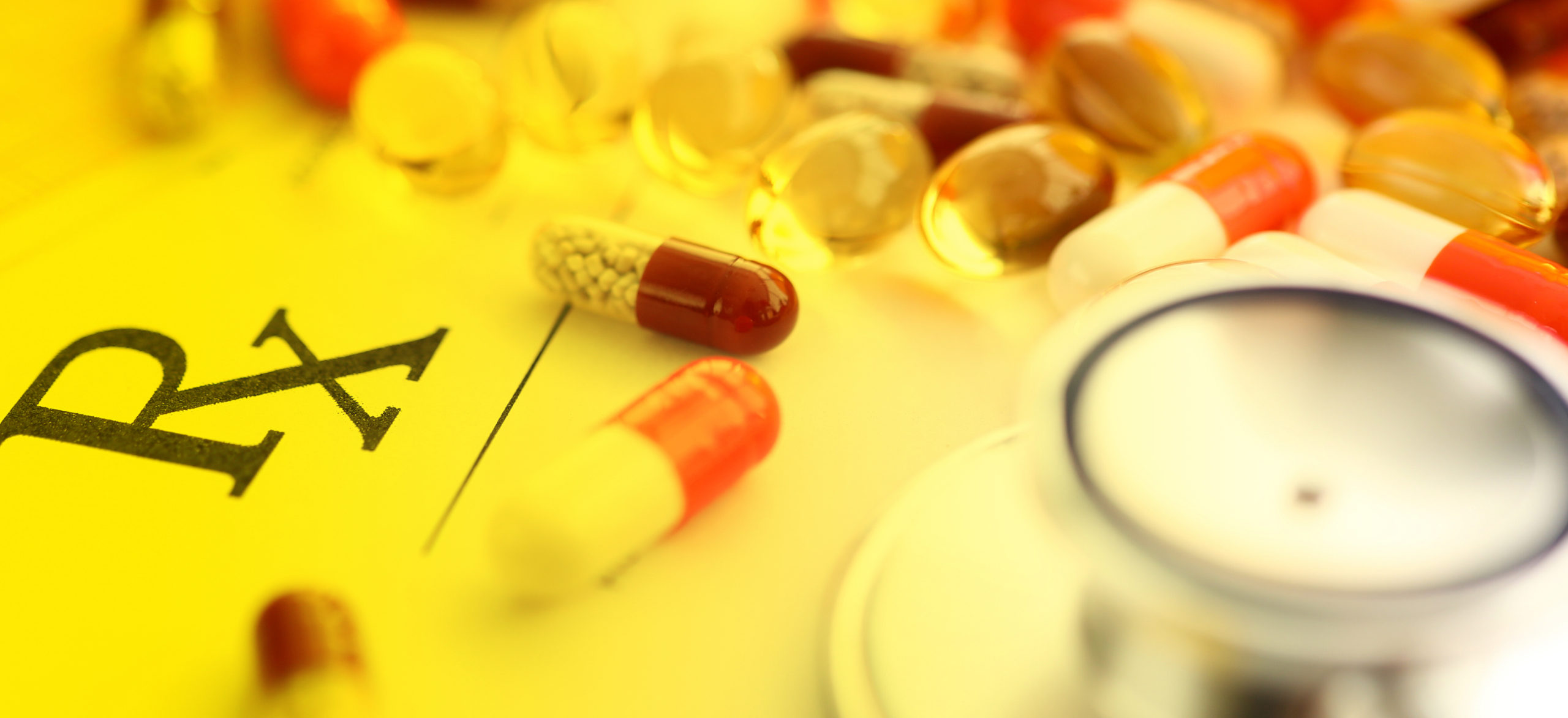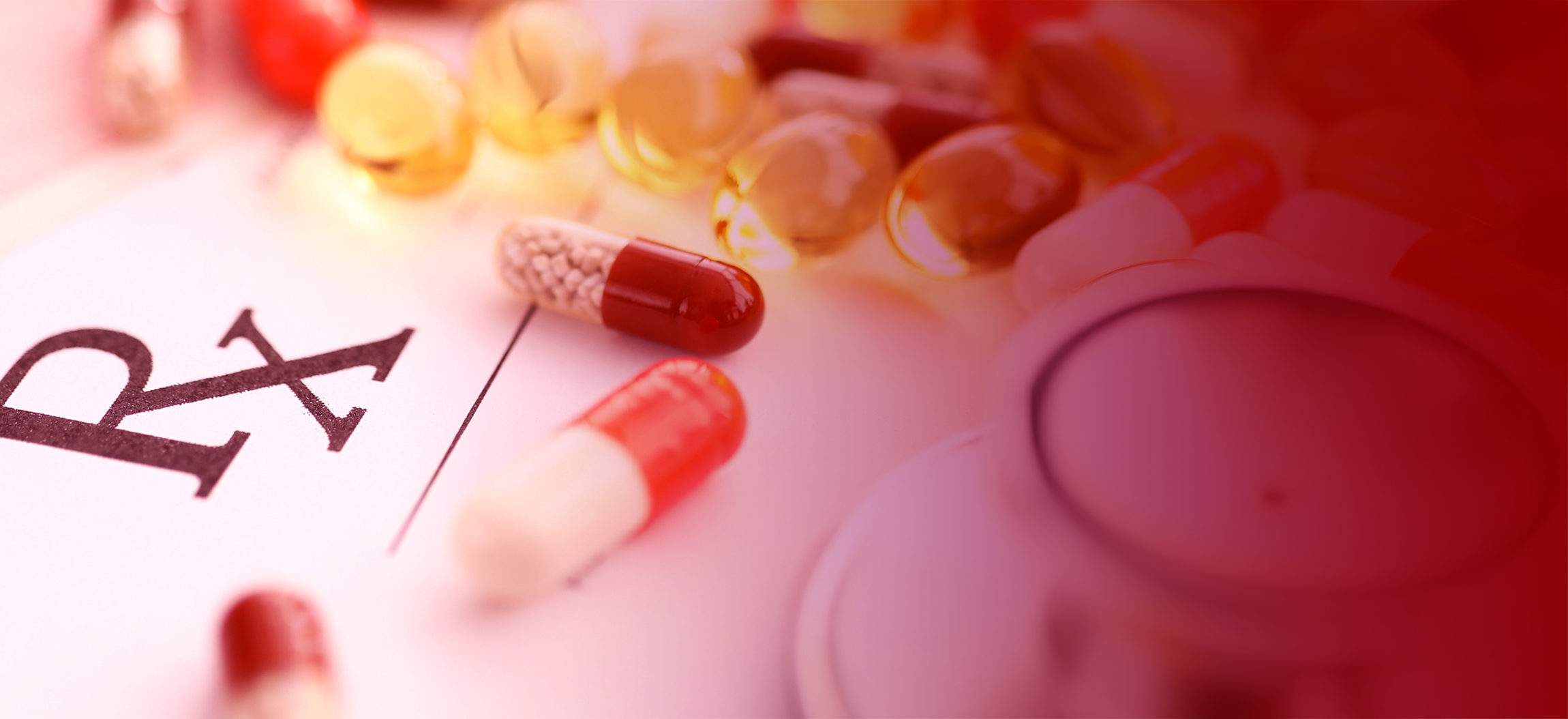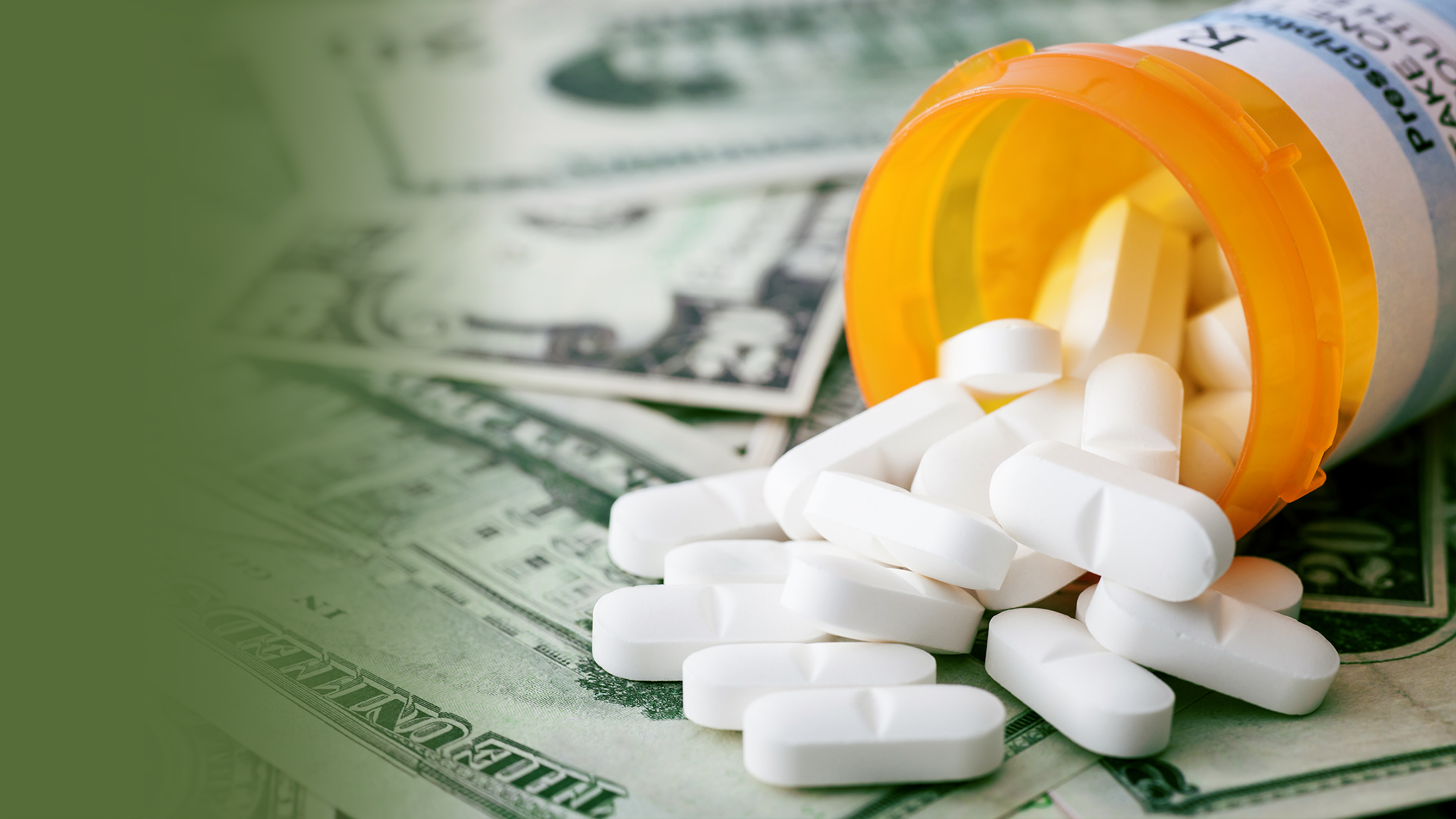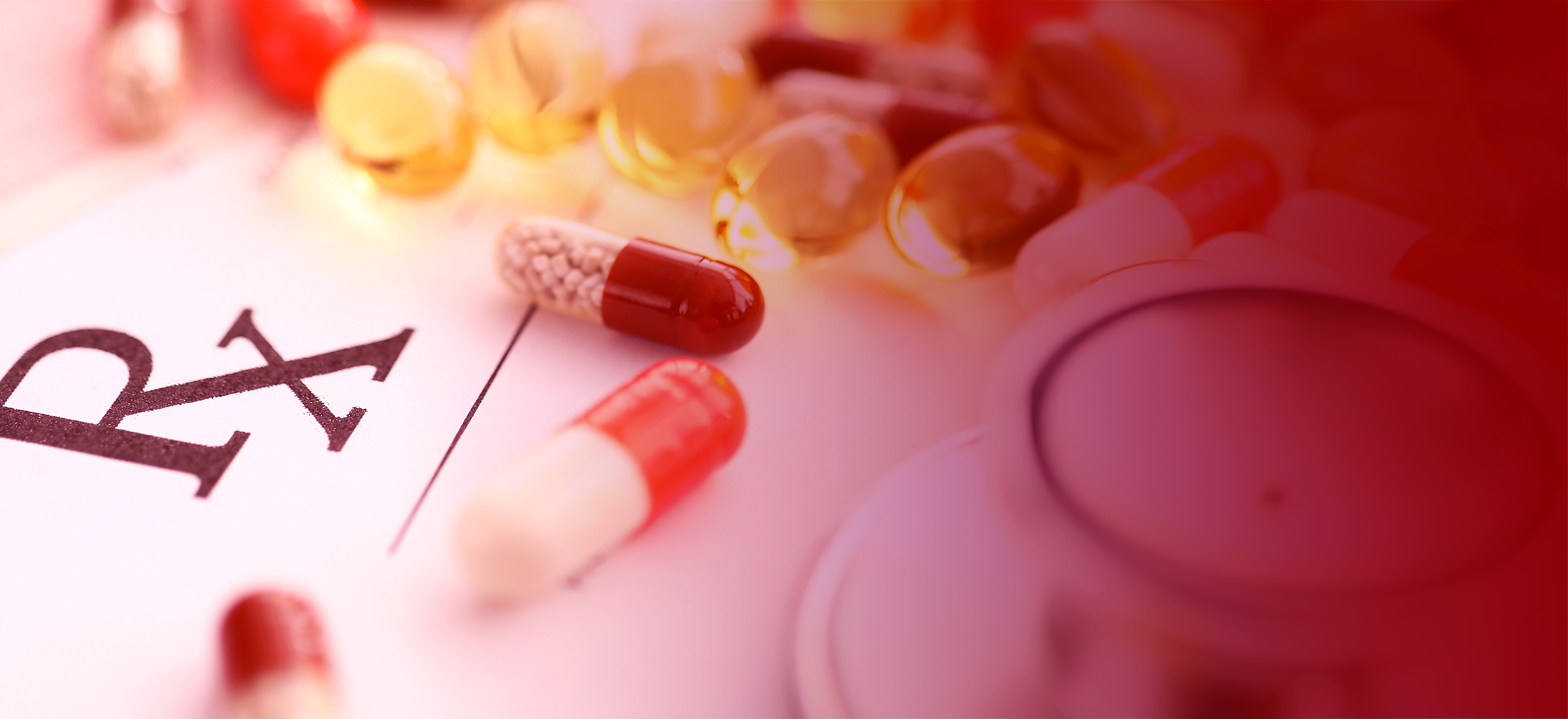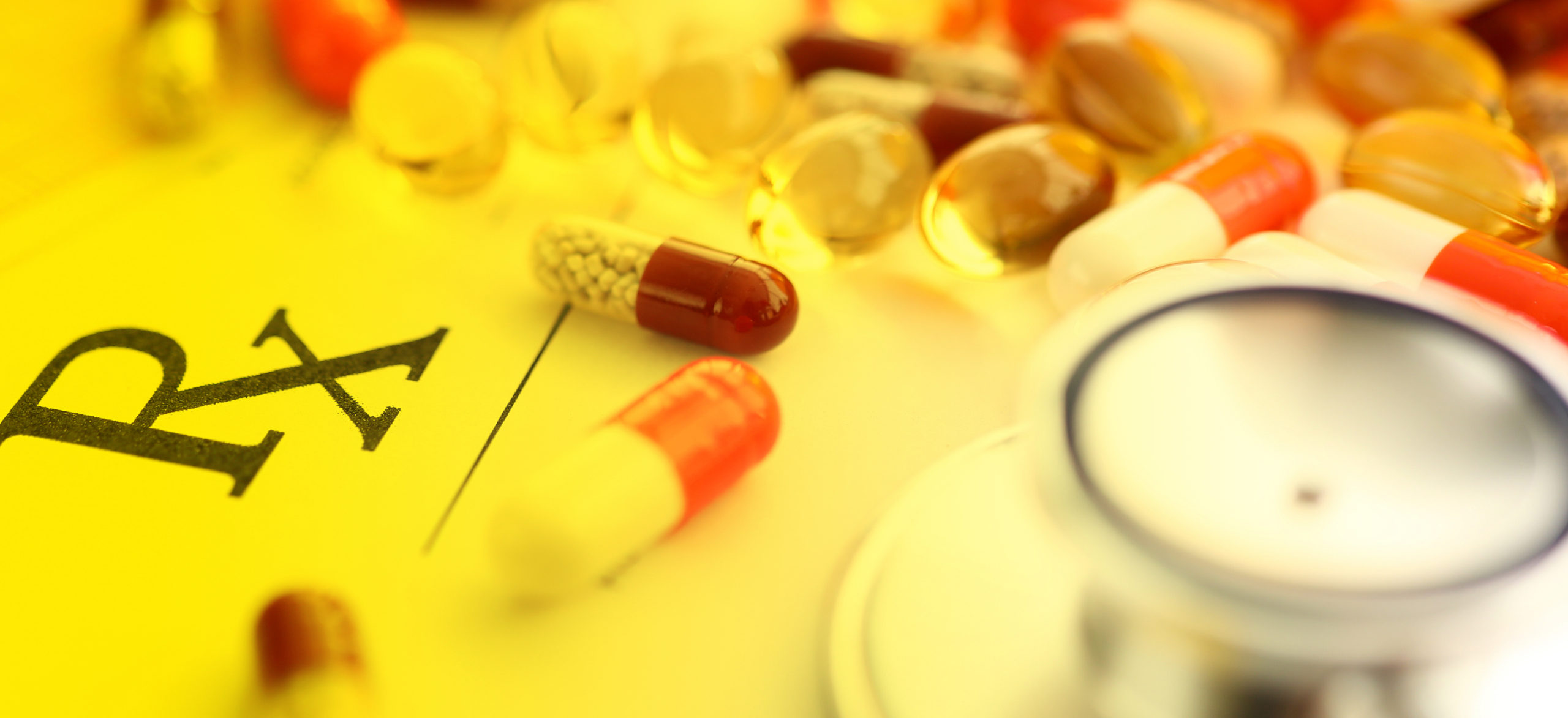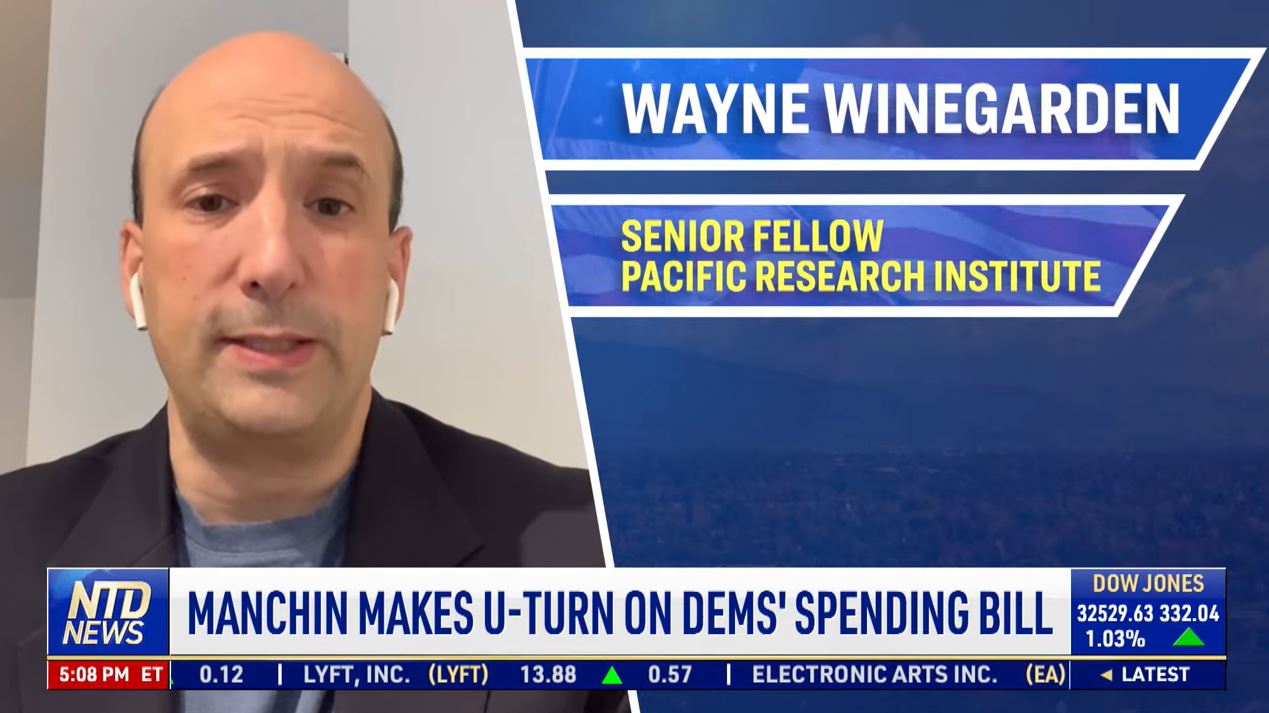A Short-Term Solution To Our Long-Term Health Insurance Affordability Problems
President Biden hit the road last week to castigate Republicans for supposedly proposing to make healthcare more expensive. The president is upset that Republicans want to undo the innovation-destroying price controls on prescription drugs included in Democrats’ Inflation Reduction Act and rein in the billions of dollars in subsidies he’s handing out to prop up Obamacare’s exchanges. He’s conveniently ignoring some of Republicans’ own ideas for making health insurance more affordable. In a recent opinion piece, Rep. Michael Burgess, R-Texas — a member of the...



